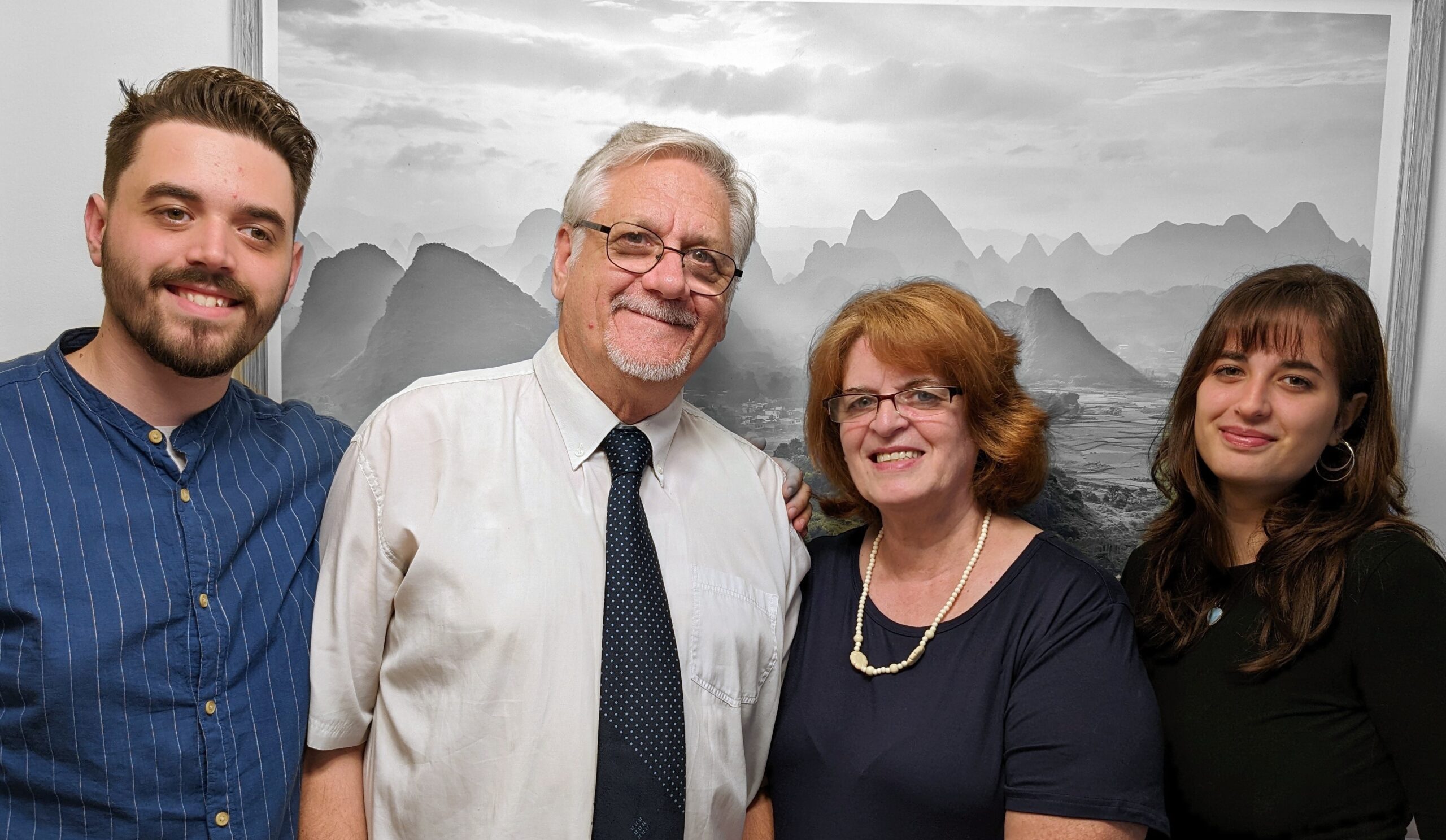About The Missionary
Schumayk Moyano grew up in Uruguay and was saved as a young girl. With the infiltration of Communism and terrorism, her family fled Uruguay and moved to Spain where she eventually met Manuel.
Manuel was studying to become a Franciscan priest but heard the gospel at age 25 and was gloriously saved. The Lord led him to study for the ministry in Uruguay. He married Schumayk and returned to Spain to plant a church. During this time, the Moyanos had no support and learned to live totally by faith.
Ministry led the Moayno family back to Uruguay where they planted a church in Montevideo and ministered extensively to the Jewish population there. After many years of effective work, the Lord led Manual and Schumayk back to Spain where they continue to serve Abraham’s descendants.

Project Giving Opportunities
Relocation Expenses (Furniture, Appliances, Deposites)
- Need: $3,500Updates From The Field
Field Update: Moyano family serving the Lord in Barcelona Spain - April 20, 2023
About The Field:
Spain, situated in southwestern Europe, contends with a mix of economic and social challenges influenced by historical legacies, regional dynamics, and cultural diversity.
Economically, Spain has faced challenges such as high unemployment rates, particularly among the youth, and fluctuations in economic growth. The country’s economy is diverse, encompassing sectors like tourism, agriculture, and manufacturing. The global economic crisis in 2008 had a profound impact on Spain, leading to austerity measures and economic reforms.
Social challenges in Spain are multifaceted. Access to quality education remains a concern, with disparities in educational resources between regions. Healthcare accessibility and affordability are major issues, with regional variations in the provision of health services.
Spain’s historical and cultural identity is deeply rooted in Catholicism. While the influence of the Catholic Church has diminished in recent decades, Spain maintains a strong cultural connection to its Catholic heritage, evident in traditions, festivals, and architectural landmarks.
Regionalism is a notable aspect of Spain’s social fabric, with distinct cultural identities in regions such as Catalonia and the Basque Country. Political and cultural tensions related to regional autonomy and independence aspirations contribute to the country’s social complexities.
The aftermath of the Spanish Civil War (1936-1939) and the subsequent Francoist regime still resonate in Spain’s sociopolitical landscape. Issues related to historical memory, reconciliation, and addressing human rights violations from that period continue to be part of the national discourse.
Spain’s diverse immigrant population poses both opportunities and challenges. Issues of integration, labor market access, and cultural diversity are relevant aspects of Spain’s social dynamics.
